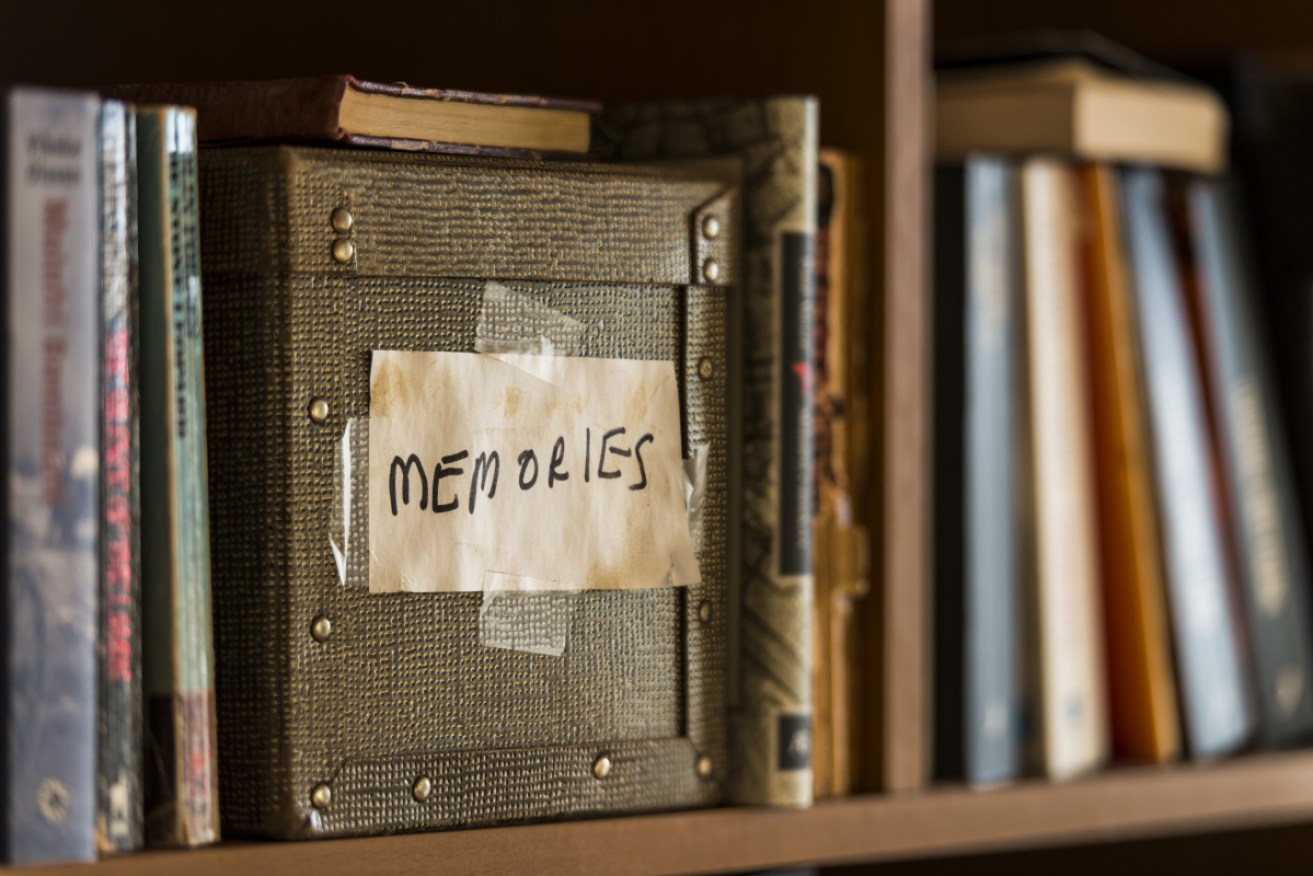‘Never make assumptions’: How Melbourne’s ‘miracle lady’ Tarli Bogtstra overcame amnesia


What would you do without your memories? Photo: Getty
Memories are what help shape our identities and connect us to loved ones – but what happens when the slate is wiped clean?
When 28-year-old Tarli Bogtstra woke up in hospital after a horrific car accident in 2005, she didn’t know who she was.
The people surrounding her – her mother, father and sister, were complete strangers.
For weeks after the crash, doctors weren’t sure whether she would ever walk again.
“A lot of the time, I had no idea and I would call [my family], or myself, something completely different. I don’t know who I thought they were,” Ms Bogtstra told The New Daily.
“I’m lucky in one sense that I don’t remember anything [from the hospital and following months] … I can see what it’s done to my family emotionally, it hasn’t been an easy process for them.”

Tarli Bogtstra, six months before the horrific car crash. Photo: Tarli Bogtstra
‘Melbourne’s miracle lady’
Before the crash, Ms Bogtstra enjoyed a successful career as a psychologist and genetic counsellor at the Royal Children’s Hospital in Melbourne.
She taught dance, played sport, loved running and was one of only three women given a scholarship to the Australian Defence Force.
But her life changed while holidaying with friends in the Northern Territory when the four-wheel-drive she was a passenger in lost control at high speed and rolled multiple times.
Ms Bogtstra was thrown from the car and suffered severe brain injuries and post-traumatic amnesia so severe she wasn’t able to recognise herself.
She also suffered severe injuries to her head, teeth, knee, right eye – and she broke her neck and lower back.
Less than one per cent of people with similar spinal injuries are ever able to walk again.
In intensive care, her father was told that while she wasn’t likely to die, doctors couldn’t be sure in what capacity she would live.

Four months after the accident. Photo: Tarli Bogtstra
The healing process took years, but Ms Bogtstra worked hard to prove them wrong, earning herself a nickname among the medical community as ‘Melbourne’s miracle lady’.
She wasn’t able to recover up to three years of her memory and still lives with some short-term memory loss, but she slowly began remembering family and friends.
‘The new Tarli’
At 44, Ms Bogtstra still draws a distinction between “the old Tarli and the new Tarli”.
“It’s something that, over time, you do accept. I’m grateful for the life I do have – I have a great husband, I have two beautiful children … but I still have days where I think, ‘Why me?’,” she said.
For many of us, our understanding and experiences of amnesia and memory loss come in the form of exaggerated TV shows and films.
But the reality is different, and it can leave sufferers feeling ostracised and belittled by those around them.
Living with a ‘silent disability’ such as an acquired brain injury often means individuals are forced to explain themselves and their circumstances to others, which can leave them feeling apprehensive to ask for help.
“Never make assumptions about people,” Ms Bogtstra said.
More than a decade and a half later, Ms Bogtstra is able to walk and jog, she can drive and she works part-time as a community development coordinator.
And while she grieved her old life and misses the things she used to be able to do, the mum-of-two has mostly made peace with her circumstances.

Ms Bogtstra and family. Photo: Tarli Bogtstra
Ms Bogtstra keeps lists, meticulous diaries and schedules, and still finds time to exercise.
“There’s physical differences that I can point to, my scars, and how physically I’m different,” she said.
“Fatigue is one of my biggest issues, I need to have a nana nap every afternoon.
“It’s little things, like people might laugh at it but I can no longer bite into an apple anymore. My balance isn’t great … I can no longer go on runs like I used to, or play sport, I used to be very fit.”
But Ms Bogtstra’s ongoing struggle with fatigue and exhaustion is also one of the reasons she has been able to move on with her life.
Given that part of her amnesia and brain injury cause her fatigue, she simply doesn’t have time to fall to pieces, she said.
“The way I look at it is that there’s no point wasting my precious energy getting angry or upset over things I cant change – I’d rather use that on enjoying my life and the things that I love,” Ms Botstra said.
You can watch Tarli Bogtstra discussing her journey on SBS’s Insight this Tuesday June 8 at 8.30pm on SBS One.








